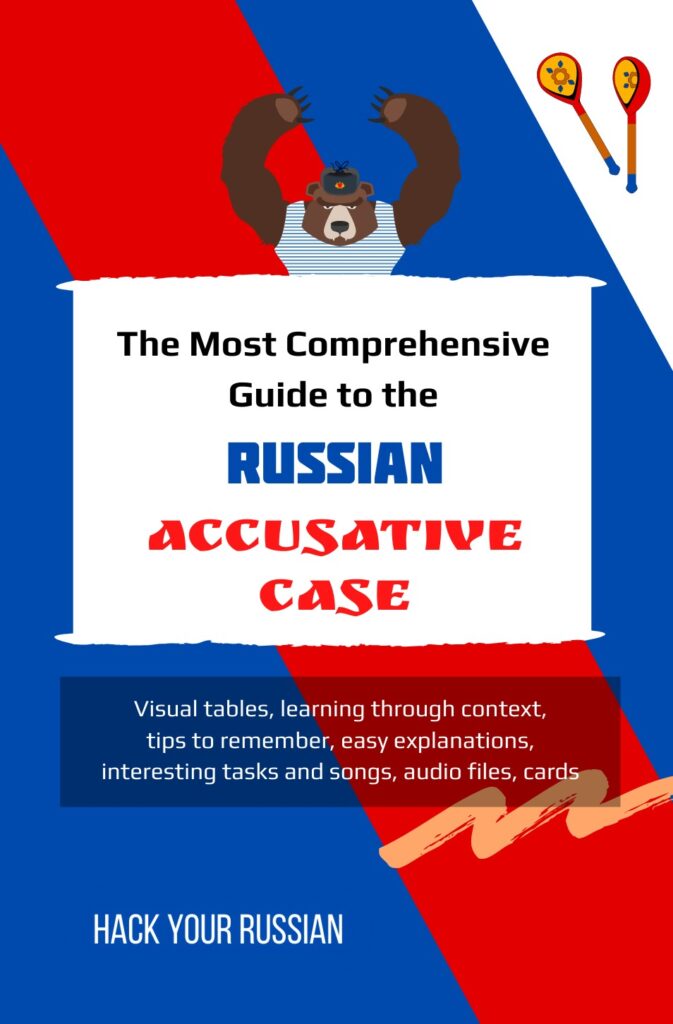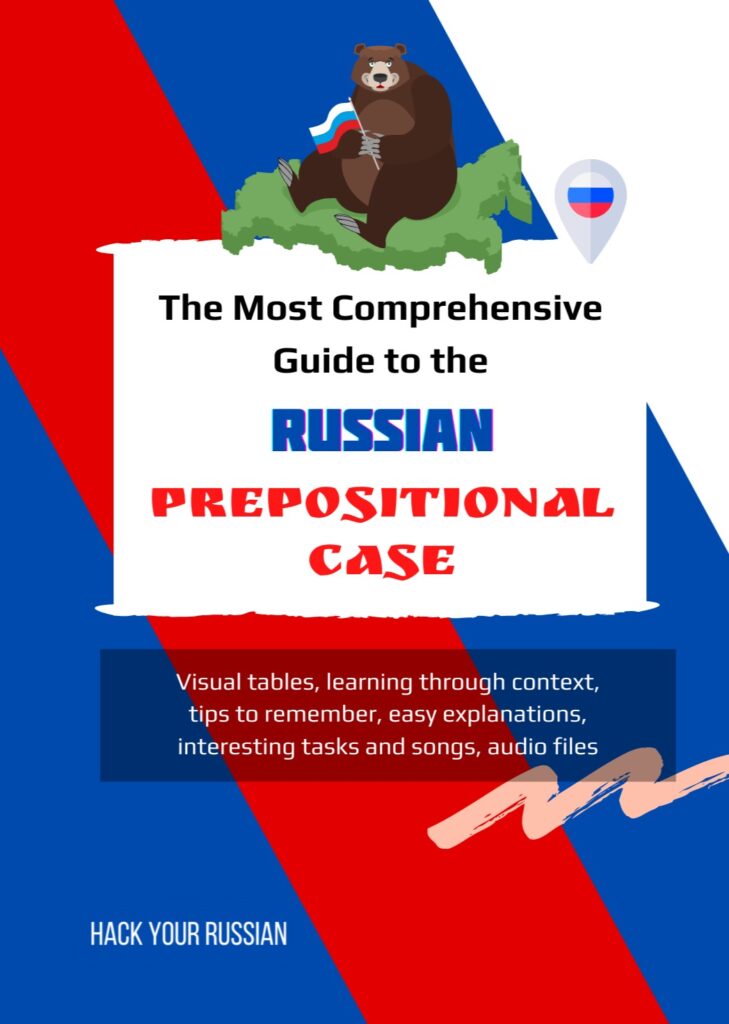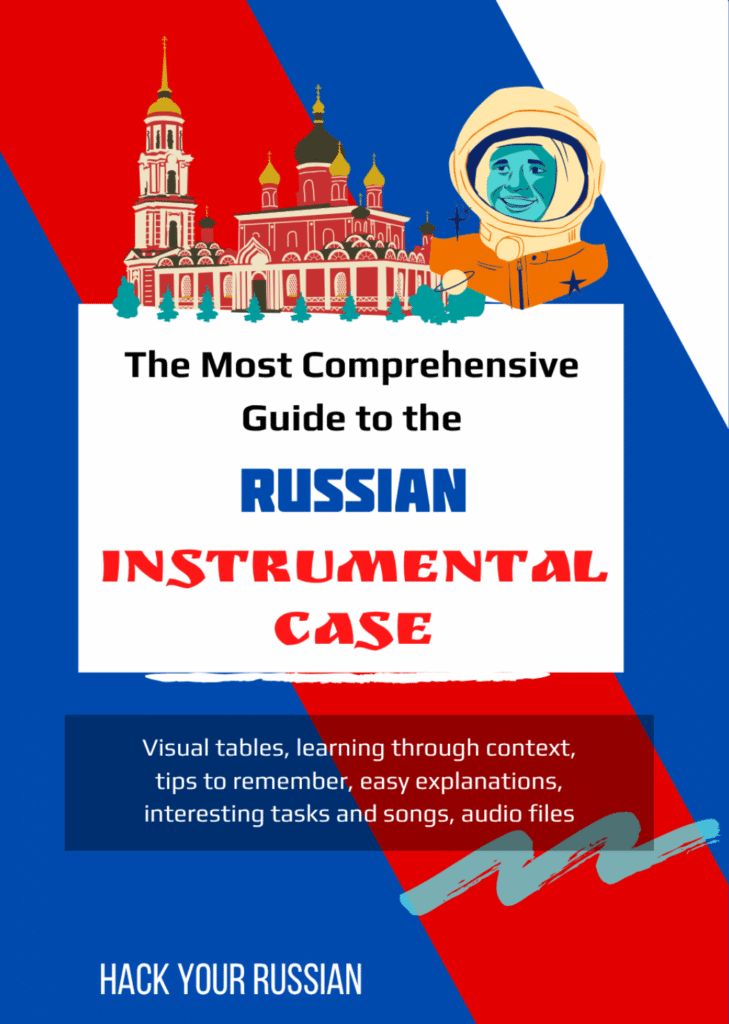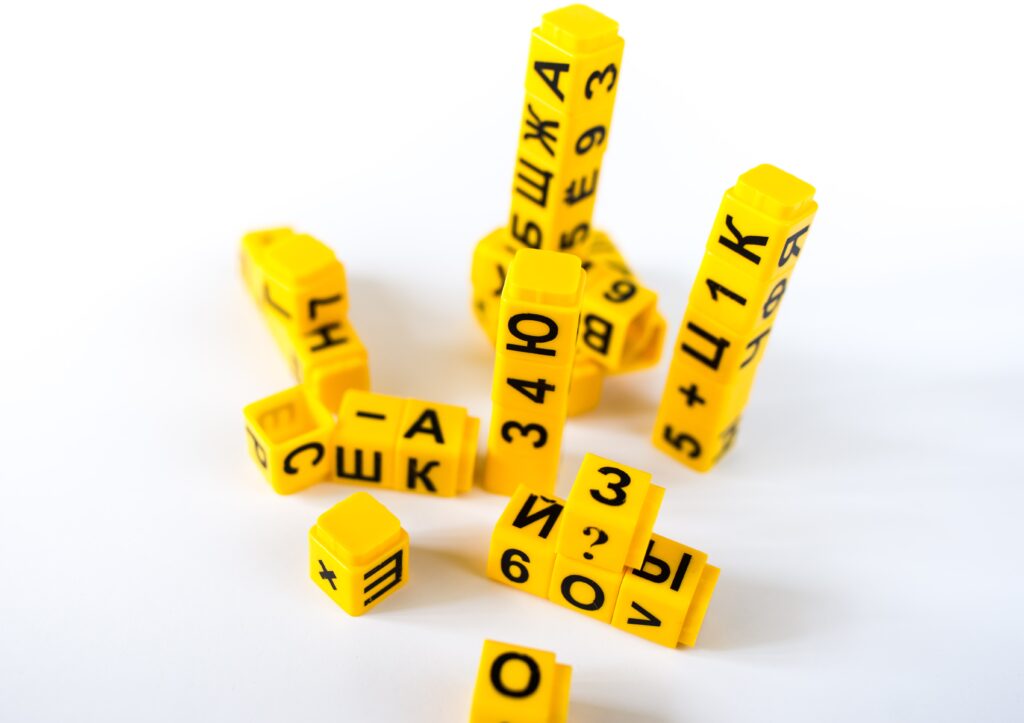Different ways to say Goodbye in Russian
If you have already completed my lesson on how to greet in Russian, now you are ready to learn various ways to say goodbye in Russian. And believe me, it is as important as a greeting in Russian language.
There are formal, semi-formal, informal, colloquial and slang ways to say goodbye in Russian. While you can use just a few of them, it is important to learn all various ways in order to understand and recognize them in Russian movies and TV-series.
There are several ways to say goodbye in Russian. Watch this video and discover these phrases. You will also find a brief script of the video followed by a quiz just below. Enjoy!
Here is what you are going to learn from this post (click for a quick access):
- Formal ways to say goodbye in Russian;
- Semi-formal ways to say goodbye in Russian;
- Informal ways to say goodbye in Russian;
- Bonus phrases in Russian when you are a guest;
- Test “How to say Goodbye in Russian?”
Free Russian Video Lesson “Ways to say goodbye in Russian”
Here is a list of different ways to say goodbye in Russian:
Formal ways to say goodbye in Russian:
1) До свидáния [Dasvidániya] – Goodbye
Meaning: Until we meet again
Can be used both in formal and informal situations.
Sounds a little too formal if used with:
– Close friends;
– Family members, except for elderly people;
– Colleagues of your age.
2) Всего́ до́брого [fsevó dóbrava] – All the best
Meaning: All the best, God bless you, have a nice day
A formal and very polite way to end a phone call, a meeting and any other social interactions.
Can be used with:
– Strangers, service workers;
– Acquaintances;
– Customers, audience.
Another form : всего́ хоро́шего (fsevó harósheva)
Всего́ до́брого / всего́ хоро́шего can be used:
– In addition to До свида́ния
Ex. – Всего́ хоро́шего!
– Or individually
Ex. – Всего́ хоро́шего!
3) Прощáй [prashchái] – Farewell
Meaning: Farewell, goodbye forever
Mostly formal, emotional and dramatic way to show that one is leaving for a long time (or forever). It is not used in daily conversations but you can hear/see it in movies, books and songs.
Semi-formal ways to say goodbye in Russian:
1) До ско́рой встре́чи! [Da skórai vstréchi] – See you soon
Meaning: see you soon, see you later
Can be used both in formal and informal situations.
Use it when you know that you will see a person again soon.
A short form of “До ско́рой встре́чи” – До ско́рого [da skórava] – See you soon
Informal ways to say goodbye in Russian:
1) Покá [paká] – Bye
Meaning: see you, bye
The most popular informal way to say goodbye
Can be used with:
– Friends, good acquaintances;
– Family members, except for elderly people (depends);
– Children.
“Покá” is often accompanied with a word “Давáй” [davái]
Давáй = let’s
Ex.: Ну лáдно, давáй покá! (Ok then, bye!)
Russian people also often use just a word ДАВАЙ to say goodbye (very informal)
Ex.: – До ско́рого! (See you soon)
– Ага, давáй! (Sure, bye)
2) Уви́димся [uvidimsya] – See you
Meaning: see you, hope to see you again.
A more informal and friendly way to say “see you”.
It shows your intention to see a person again next time.
Can be used with different groups of people:
– Friends, good acquaintances;
– Family members;
– Colleagues, etc.
Bonus phrases in Russian when you are a guest:
1) Спаси́бо за… [spasiba za] – Thank you for…
2) Мне порá [mn’e pará] – I have to go
3) Нам порá [nam pará] – We have to go
4) Вали́те [valite] – Get out / away
Meaning: get out, leave me alone
A very informal and slang expression to tell somebody that they have to leave.
It is OK to use it with friends or family in a funny way.
Don’t use it with strangers and people you don’t know well.
It is rude and impolite to use it with employees (as shown in video).
5) Пошёл вон [pashyól von] – Go away
Meaning: go away
A very informal and rude expression to tell somebody that they have to leave immediately.
It is NOT OK to use with anybody.
If you have recently started to learn Russian language, you should absolutely have my free guide ‘Essential Russian Words and Expressions to Understand Spoken Russian’.
It’s also very important to know how to pronounce Russian words correctly as not every Russian letter is pronounced the same way as it’s written. There are certain Russian pronunciation rules that are really easy to learn.
If you wish to speak Russian, you should absolutely learn how to use Russian cases. Check the most comprehensive guides to Russian cases:







